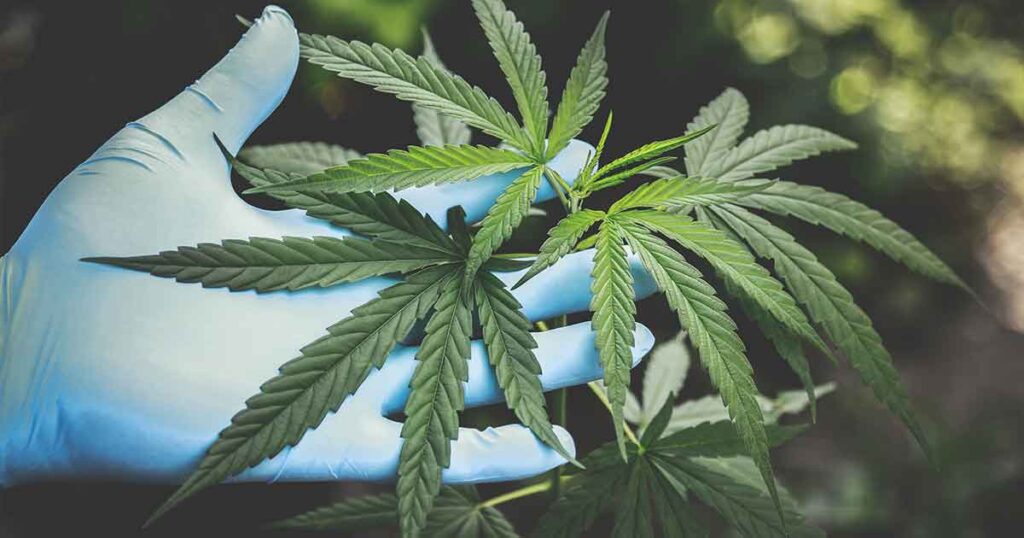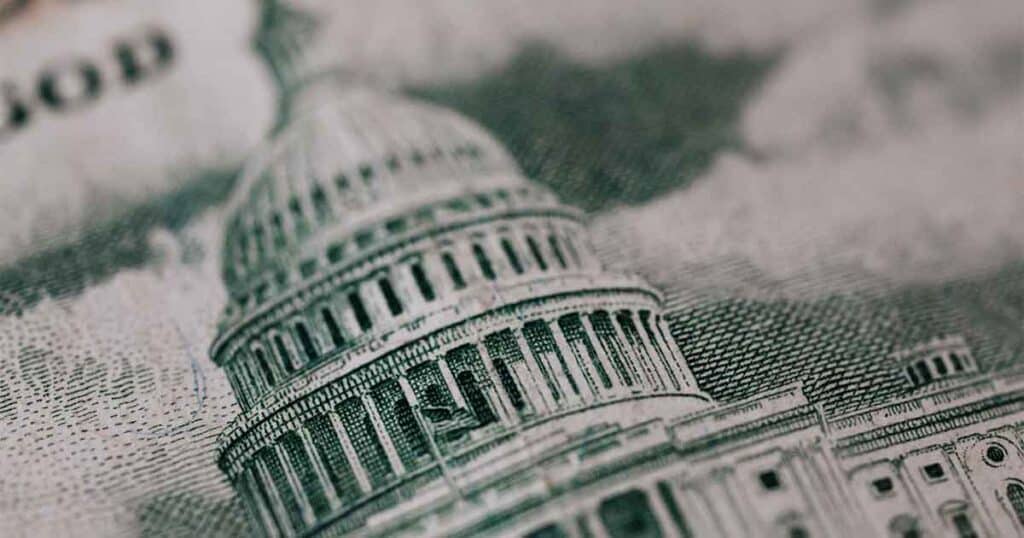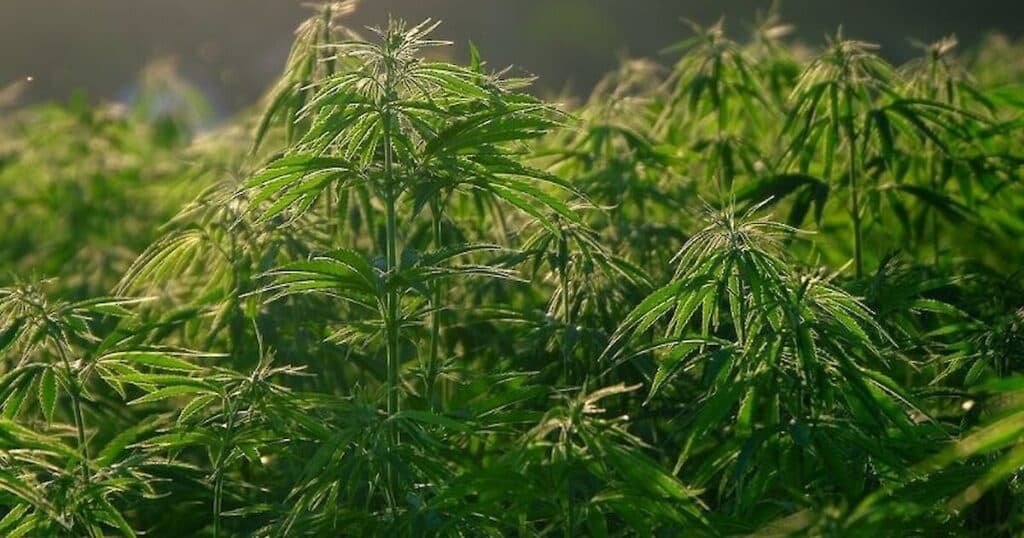It has been five years since the farming of hemp was legalized under the Agriculture Improvement Act of 2018, also known as the 2018 Farm Bill. But the United States Congress and the Food and Drug Administration (FDA) have yet to publish formal rules for testing and marketing hemp and cannabidiol products.
Push has come to shove as lawmakers in various states have urged both bodies to clear up this gray area and provide them with more than enforcement discretion guidance. Hemp and CBD legal status should initiate lawful regulation from top to bottom!
New Developments
Recently, a bipartisan effort by Representatives Morgan Griffith (R-VA) and Angie Craig (D-MN) has refiled two bills regarding hemp regulation and its derivatives: the Hemp and Hemp-Derived CBD Consumer Protection and Market Stabilization Act and the CBD Product Safety and Standardization Act.
These Acts would require that hemp, CBD derived from hemp, and other cannabis derivatives be classified as dietary supplements and/or food additives. They would fall under the purview of the Federal Food, Drug, and Cosmetic Act (FDCA).
Federal CBD Laws
Establishing that hemp and CBD products fall under the FDCA would help to close loopholes and unregulated areas, which create room for bad actors to mislead consumers about the benefits of their CBD-infused products or sell them products that are not adequately tested. Rep. Craig states that in her home state of Minnesota, it has become apparent that more guidance and regulation would protect consumers and allow local government to support small business owners.
Currently, there are thousands of unregulated products in the marketplace, posing health and safety concerns. This is a compelling argument for Congress and the FDA to act with a sense of urgency and ensure the FDA’s jurisdiction and authority over the hemp and CBD industries.
Federal CBD laws provide authoritative guidance to local lawmakers and advocacy groups on both sides of the table. It also gives the industry and stakeholders a federal perspective on producing and marketing hemp and CBD products: labels with the requisite health information, preventing contamination, CBD concentration limits, and safety measures like a minimum purchase age (decreasing the potential risk to children). Lastly, it mandates FDA CBD regulation and the creation of mechanisms for federal oversight. This is essential at local and national levels.

How Is CBD Regulated Under State Laws?
Due to the historic outlawing of marijuana in the United States, the plant and its relatives – hemp and cannabis – are classified as Schedule 1 substances. This is unlikely to change anytime soon, as marijuana is regarded as having a high potential for dependency.
But political developments in states like California, New York, and Oregon put medical marijuana and medical cannabis firmly on the discussion table. It is now commonplace for the scientific, medical, and academic communities to investigate the health effects as a responsibility to their electorate. There are seventeen states where CBD is entirely legal.
Giving CBD legal status initiates the creation of policy for regulation, qualifying producers, and their growing methods. Most states have instituted programs to monitor local industries and provide a working solution to the illicit trade of marijuana and cannabis plants and products. Some of these programs report directly to federal government agencies. This more than hints at the relevance of federal CBD laws and appropriate FDA CBD regulations.
Ignoring the dangers of unseen and uncontrolled farming within their states is one part of the problem: secondly, it leads to the illegal movement of plants and products across state lines. This means the federal government and its agencies are directly implicated—even duty-bound to involve itself in regulatory discussions and mechanisms. Despite their earlier statements – that it is an administrative impossibility currently – it is now evident that their involvement is constitutionally proper and sorely needed.
State lawmakers have made this abundantly clear!
Keep up to date with this and other remarkable moments in the cannabis and marijuana industries in North America by subscribing to Beard Bros news and press releases.

Enjoyed that first hit? Come chill with us every week at the Friday Sesh for a freshly packed bowl of the week’s best cannabis news!
















